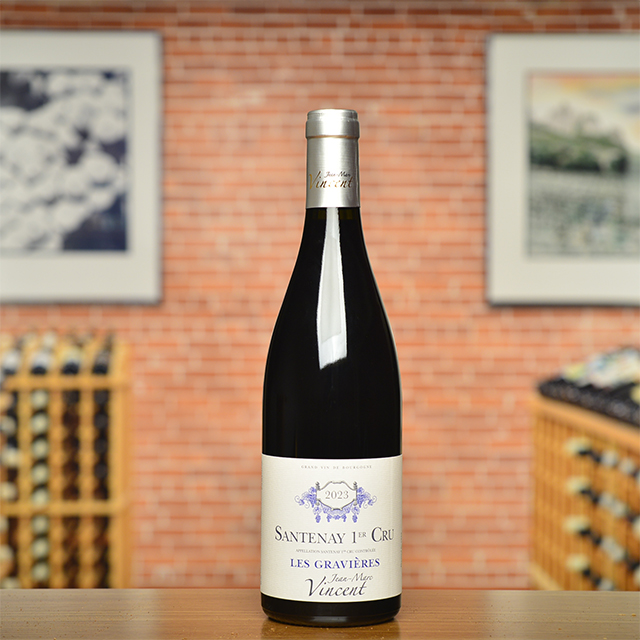May | From the Archives: Confessions of a Water Drinker
June 1996 Newsletter
by Wendell Berry
I had better begin by saying that I am primarily a water drinker. There are many pleasures in drinking water, the chief of which are to be found in a thermos jug, well-iced, when you’re working outdoors on a hot day. But I don’t mean just any water. I mean water with character and clarity, unmedicated, from a familiar source. For me, one of the happinesses of homecoming is a drink from my own cistern. Likewise, I love to drink the milk of a Jersey cow with whom I am personally acquainted.
Probably I will never become as much a connoisseur of wine as I am of drinking water and cow’s milk, but I do take pleasure in good wine. As soon as you realize that some wines are better than others, you have the possibility of pleasure that you can think about, before and after. My own thoughts about wine improved a great deal after I read Kermit Lynch’s Adventures on the Wine Route. All of a sudden, I saw much clearer than I had before how my interest in wine could be accommodated to my interest in good agriculture. Adventures on the Wine Route is, among other things, a fine book on agriculture. One of the best, really, for its interest is in the way the quality of place and soil and work are communicated to the quality of the final product. When these qualitative linkages are intact and are known, the result is a kind of trust that increases pleasure. Drinking wine from a good little vineyard such as Kermit describes and patronizes is like eating vegetables from a fertile, familiar garden, or lamb from the flock of an excellent shepherd whom you know. The immediate pleasure of taste is enlarged and enhanced by the pleasure that one takes in the life of the world and the husbandry of the soil.
An example of what I mean was in one of the recent Kermit Lynch catalogues. Kermit, visiting Isabelle and Matthieu Champart, discovered that they were selling some of their grapes. And then the following exchange took place:
“I proposed that they stop selling any of their grapes, that I could handle a much larger quantity of their Saint-Chinian wine if more were available.
“Isabelle looked troubled . . .
“ ‘But then, Kermit,’ she said finally, ‘the quality would not be the same. We are using only our best grapes for our own wine.’ ”
Well, immediately I wanted to try a bottle of Saint-Chinian. Trust and a certain pleasure were already in place. I was ready to take a chance on the quality. —June 1996

















